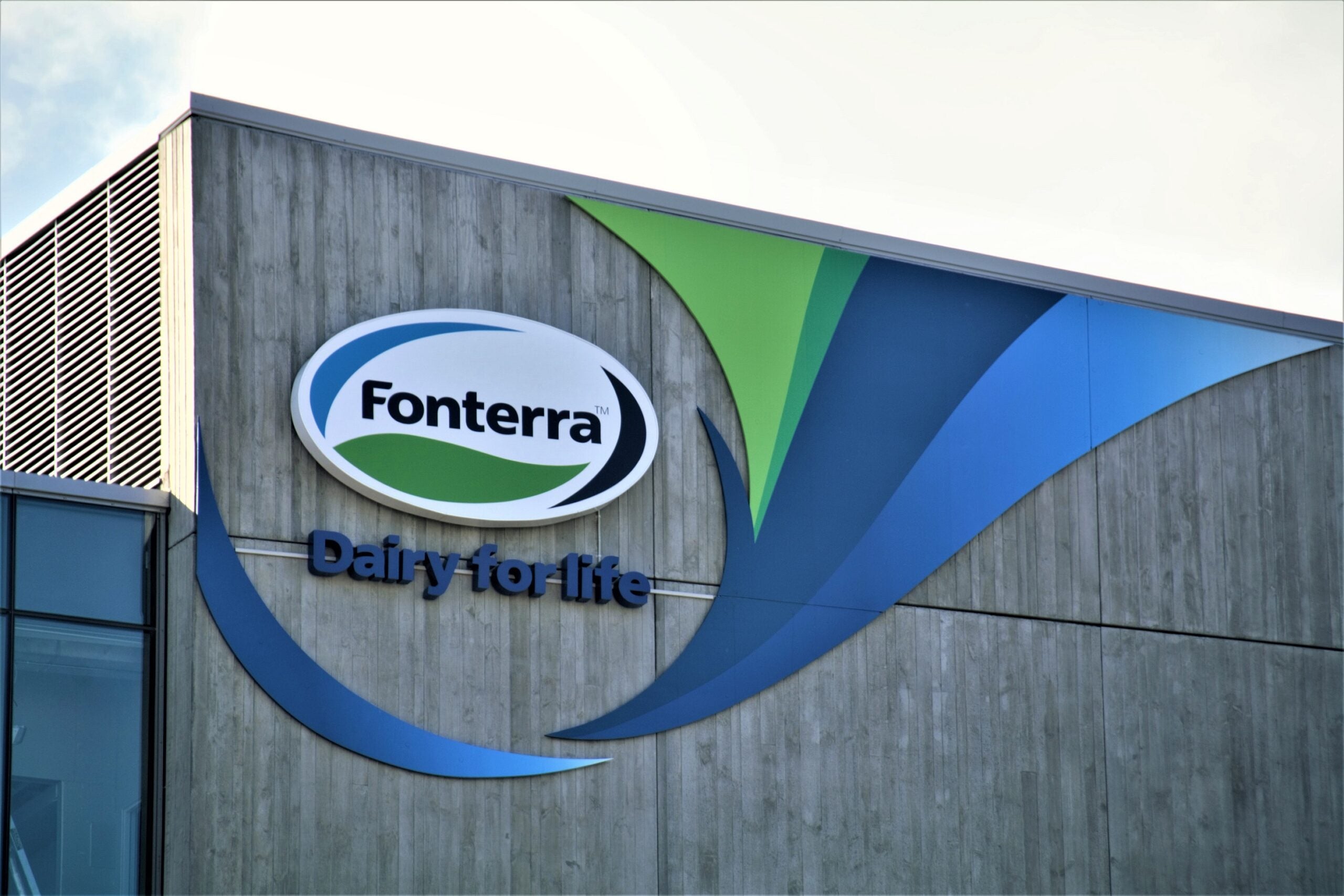
Nestlé and Mars are to work with Fonterra on giving the dairy giant’s farmer members support to cut emissions.
The New Zealand group said the food-manufacturing giants – two of the company’s customers – would fund “new incentives” for farmers.

Discover B2B Marketing That Performs
Combine business intelligence and editorial excellence to reach engaged professionals across 36 leading media platforms.
Fonterra also plans to introduce a payment for farms that meet “emissions-related criteria”.
Miles Hurrell, Fonterra’s CEO, said: “We’re growing relationships with customers who value the hard work farmers put into producing sustainable, high-quality milk, along with the co-op’s quality of on-farm data and ongoing commitment to improvement. This helps us make progress towards achieving our on-farm emissions target and deliver the highest returns for our farmer shareholders’ milk.”
Under the agreements between the companies, farmers who meet targets set under Fonterra’s “Co-operative Difference” initiative will be eligible for access to on-farm tools or services “designed to further improve emissions efficiency”, the group said.
Based on the last farming season, almost nine in ten farmers would have been eligible, Fonterra said.

US Tariffs are shifting - will you react or anticipate?
Don’t let policy changes catch you off guard. Stay proactive with real-time data and expert analysis.
By GlobalDataFarmers who are also able to get their “emissions footprint” to around 30% lower than the average farm will receive an “emissions incentive” payment of NZ$0.10-0.25 cents per kgMS from funds from the two companies. Fonterra said based on last season’s data it estimates between 300 and 350 farms will be eligible the payment next season.
The 2025/26 season starts on 1 June. Fonterra will introduce a payment of NZ$0.01-0.05 per kgMS for farms that meet an emissions threshold. Their emissions from farming activities minus carbon removals – which Fonterra classifies as emissions reductions resulting from the carbon dioxide removed from trees and vegetation grown on farms – need to be lower than the co-op’s 2017/18 baseline year.
Fonterra has a target of reducing the “on-farm emissions intensity” by 30% by 2030 from a 2018 baseline.
“As we strive towards achieving net zero emissions by 2050, we are committed to reducing our Scope 3 emissions,” Jennifer Chappell, the CEO of Nestlé’s business in New Zealand, said. “We will continue to support farmers, in partnership with Fonterra, fostering new economic opportunities and helping them lower their greenhouse gas emissions.”
The world’s biggest food manufacturer detailed its net-zero plans in 2020, a year after committing to be greenhouse gas emissions-free by 2050.
Nestlé has a target to reduce emissions by 20% by 2025, from its baseline of 2018, and then by 50% by 2030. (The company says it emitted 113 million tonnes of CO2e in 2018, which was its baseline for measuring progress).
Mars says it plans to halve “full value chain emissions” by 2030 against a 2015 baseline. The company said it had lowered GHG emissions by 16% by 2023 compared to its 2015 figures.
Amanda Davies, chief R&D, procurement and sustainability officer, for the US group’s Mars Snacking arm, said embracing more sustainable practices comes with a price tag for farmers.
“That’s why we’re working with partners like Fonterra to help remove this barrier – providing cash, tools, and technology to support farmers in making meaningful, long-term changes,” she said.





